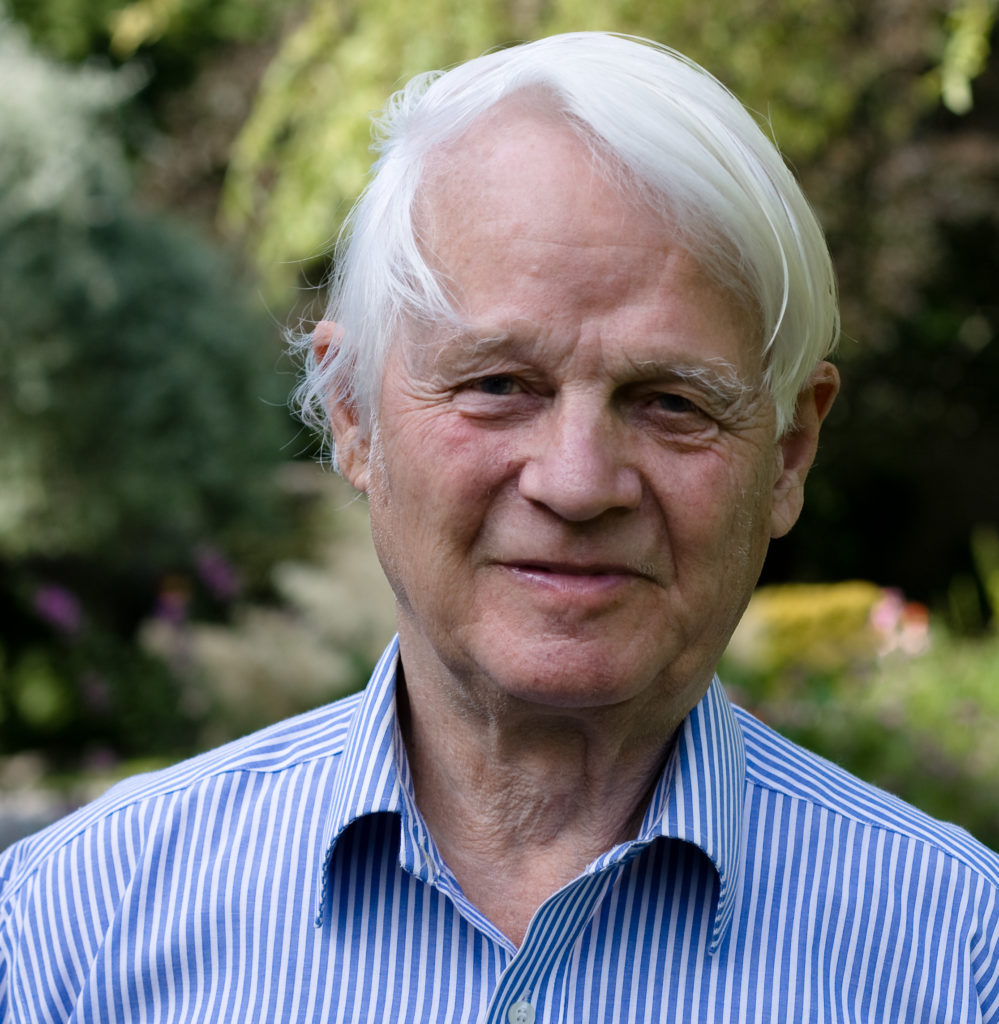
Richard Lynn, Professor Emeritus of Psychology, University of Ulster
Race, Evolution and Intelligence
Paul Dachslager reviews Richard Lynn’s chef-d’oeuvre
Race Differences in Intelligence: An Evolutionary Analysis, Richard Lynn, second revised edition, 2015, Washington Summit Publishers, Athens, GA, reviewed by Dr Paul Dachslager
This second, revised edition of Richard Lynn’s definitive compilation of racial IQs, first published in 2006, gives many more studies now reaching approximately 500. His principal results are summarised as follows; North-east Asians, IQ 105; Northern and Central Europeans, IQ 100; South Europeans (Balkans, Sicily), IQ 92-96; Arctic peoples, IQ 91; New Zealand Maoris, IQ 90; American Hispanics, IQ 89; Native Americans, IQ 86; Pacific Islanders, IQ 85; South Asians (Turkey, Middle East, Indian Sub-content, IQ 84-90; North Africans, IQ 84; Sub-Saharan Africans, IQ 71; Australian Aborigines, IQ 62; Pygmies, IQ 57; Bushmen, IQ 55.
Lynn points out that these are averages and that there is a wide range of IQs in these populations. For instance, although the average IQ in India is estimated as 82, in the population of around one billion there are a large number of people with high IQs, many of whom now work in the United Kingdom and the United States.
In the second half of the book, Lynn considers the causes of the evolution of these IQ differences during the last 60,000 or so years. His ‘cold winters theory’ proposes that when early peoples migrated from equatorial east Africa into the more northern latitudes of North Africa, South Asia, Europe and Northeast Asia, they encountered more challenging and demanding environments which required greater intelligence to survive. During the cold winters, they had to hunt large animals for food, build fires and shelters and make clothes to keep warm. The colder the winter temperatures and the more northerly the environment, the higher the IQs that perforce evolved. In support of this hypothesis, he notes that the peoples with the highest IQs typically inhabit regions with low winter temperatures, in the more northerly latitudes of Europe and Northeast Asia. He infers also that as early peoples migrated from the warm south into the colder north, their brain size increased to accommodate higher IQs, so that today the average brain size ranges from 1,283 cc in Sub-Saharan Africans to 1,369 cc in Europeans to 1,416 cc in Northeast Asians.
Lynn’s compilation of racial differences in IQs forms the basis of his study with the late Professor Tatu Vanhanen, presented in their book Intelligence: A Unifying Construct for the Social Sciences (2012). They maintained therein that national differences in intelligence explain much of the national differences in educational and cultural achievements and economic development. These several studies represent a major advance in our understanding of many contemporary problems, notably the ongoing mass migration from the poor south to the rich north.
Dr Paul Dachslager is the author of Human Sin or Social Sin: Evolutionary Psychology, Plato and the Christian Logic of Sociology, 2016











Many, many years ago I sat next to the late Hans Eysenck at a meeting of the Eugenics Education Society (now Galton Institute) and put to the speaker Richard Lynn the suggestion of climate as a factor in selective adaptation for brain power, and with some nervousness he agreed with the possibility. I had previously put it to Otto Klineberg when he came to the London University Institute of Education, but he avoided the issue and simply stressed that there was no direct link between skin pigmentation and IQ.
The idea was by no means novel; for instance, my old acquaintances Nathaniel Weyl and Stefan Possony had made the case some time previously. Carleton Coon told me he would keep off the explosive brain/climate issue with his study of “racial adaptations” (incidentally, regarding other traits recently and surprisingly raised in the “National Geographic”).
One should consult the professional critiques of Lynn’s work, but the comparatively low IQ level of black Africans is endorsed by several reviewers.
The question is what to do with such knowledge. Excessive expectations may be in reality unfair to the peoples concerned. James Watson has had some trouble for expressing this view and disturbing the safe space between the ears of white liberal students. Still, we shall see how the Nigerian space programme gets on.